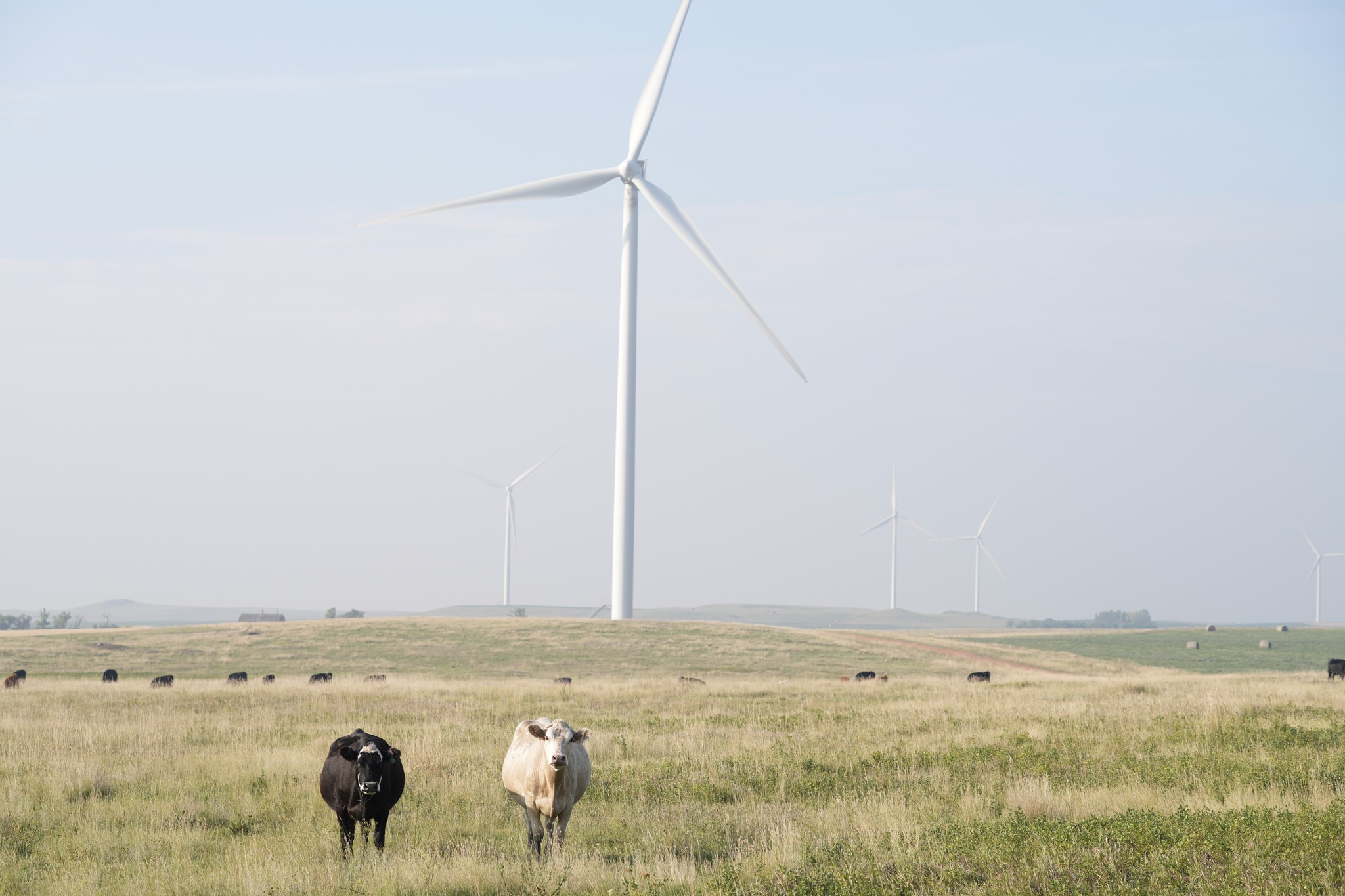“Sen. Susan Collins and other members of Maine’s congressional delegation must work together to preserve funding that Congress set aside in a 2022 bill called the Inflation Reduction Act (or “IRA” for short) for renewable energy projects in states across the country, including Maine,” asserts Stacey Fitts in an op-ed published in the Bangor Daily News in April.
Fitts, a sixth-generation Mainer and lifelong resident of Pittsfield, is also a former Republican member of the Maine House of Representatives, having represented House District 29 for eight years from 2004 through 2012. Additionally, he has spent his entire 40-year career in the energy industry, gaining experience across various clean energy sources. He recounted: “Over the years, I’ve gained all-of-the-above energy experience as a manager of thermal, hydroelectric, and wind generation assets.” Fitts previously managed the Benton Falls Hydroelectric Station in Kennebec County for CMS Energy, and he currently manages three wind projects in Bingham, Hancock, and Oakfield for Onward Energy, previously known as Novatus Energy. The 186 megawatt (MW) Bingham Wind Farm is particularly impressive, featuring 56 turbines. As he told Maine Public in 2022, on a visit to a turbine, “It just keeps getting bigger and bigger and bigger the closer you get. I just think they’re pretty. To me, it’s kind of like a dance. You know, this is a ballet up here on the hill.”
The crux of his argument hinges on one sentence: “Mainers want and deserve low cost and reliable energy, and the IRA helps Maine achieve those goals.”
He explained that Congress passed the legislation to provide Americans with clean energy and energy efficiency tax credits, rebates, and funding that minimize energy waste while lowering electric bills. “For Maine, the IRA’s tax incentives — along with cost-saving rebates from Efficiency Maine — are helping Mainers gain access to money-saving energy solutions like heat pumps and weatherization upgrades,” Fitts added.
Fitts also pointed to the vast amount of investment that the tax credits have spurred in Maine: “The IRA’s federal investment creates opportunities for Maine businesses and communities to benefit from the increased tax revenues, system reliability, and cost savings that such renewable energy projects provide.” The incentives have benefited the wind power industry, in particular, which the U.S. Energy Information Administration says generated more than a quarter of the state’s electricity in 2023. “Support for offshore — and additional onshore — wind opportunities would unlock significant energy production opportunities to shore up Maine’s energy future,” commented Fitts.
“Continuing to invest in Maine’s renewable energy capabilities makes good sense for our economy, our environment, and our economic future. An all-of-the-above energy approach that embraces clean and renewable resources and related technologies will help keep energy costs down for Maine homes and businesses while spurring economic growth and job opportunities in communities throughout the state,” the former Republican representative concluded.

Photo Courtesy Onward Energy
“I urge Maine’s congressional delegation, particularly Collins, to continue supporting thoughtful, forward-thinking energy policies and laws, like the IRA, that help support the energy transition,” Fitts wrote. Such support for an all-of-the-above energy approach has never been more critical, given the Senate’s current consideration of the reconciliation bill passed by the House of Representatives that would largely axe the energy incentives that have done so much for Mainers.
While he acknowledges that Sen. Collins did not vote for the legislation that advanced the current slate of clean energy incentives, he said, “She has always worked across the aisle to help advance common-sense, pro-growth policies that benefit Mainers and businesses, and I hope that she will see that supporting the IRA should be no different.”





